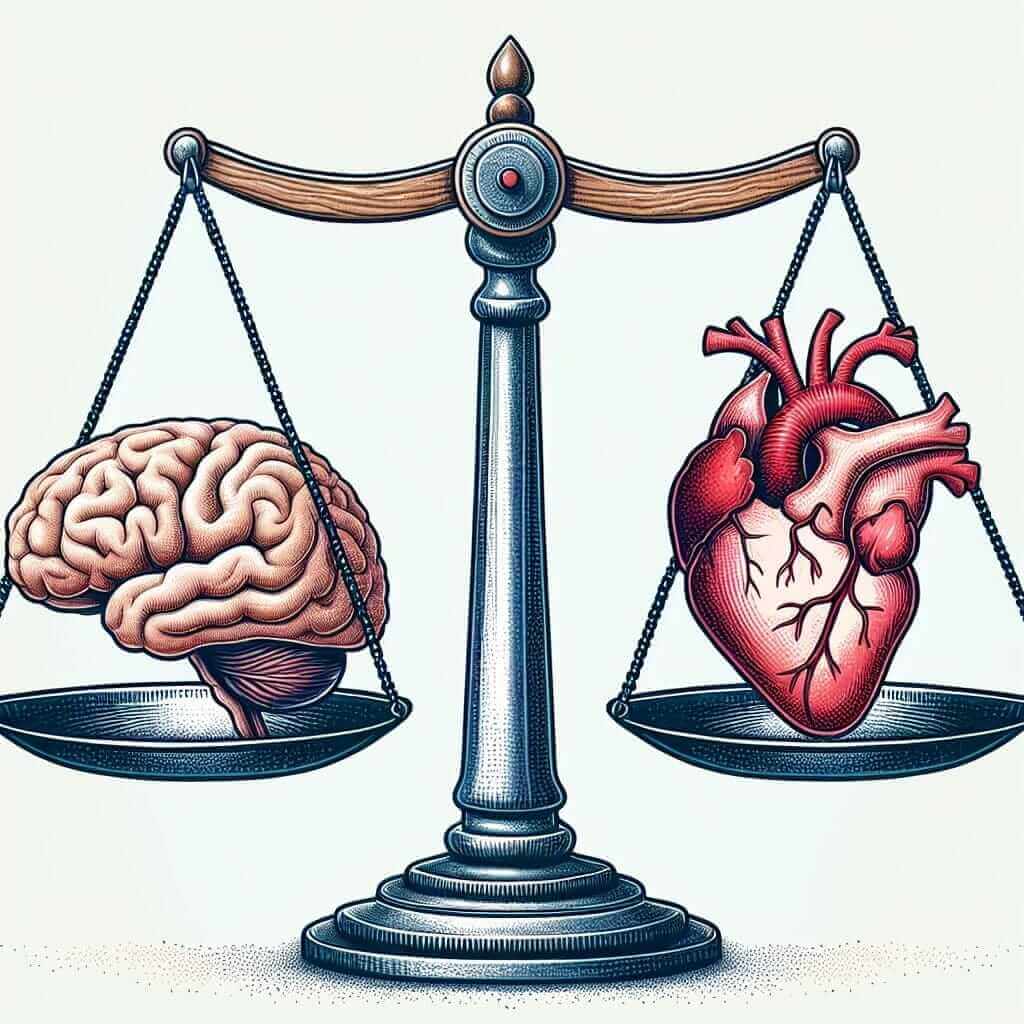In recent years, the significance of mental health in public health policy has received increased attention worldwide. The shift from a primarily physical health focus to a more balanced perspective that includes mental wellbeing as a core component is not just timely but necessary. Given the prominence of health-related topics in IELTS Writing Task 2, it is essential to understand how to discuss this issue adeptly.
Nội dung bài viết
Possible IELTS Writing Task 2 Prompts:
-
Discuss the importance of mental health in public health policy. What measures could be implemented to improve mental health support in communities?
-
To what extent do you agree or disagree with the statement: ‘Mental health should be as high a priority as physical health in public health policies’?
-
Some people believe that mental health problems are as serious as physical health issues. Do you agree or disagree? Support your point of view with examples.
Main Content
Chosen Prompt:
To what extent do you agree or disagree with the statement: ‘Mental health should be as high a priority as physical health in public health policies’?
Task Analysis
This prompt asks for a clear stance on whether mental health should be as prioritized as physical health within public health policy domains. You will need to support your opinion with relevant arguments and examples, ensuring a balanced discussion and conclusion.
Model Essay:
Public health policy has traditionally focused on physical health, often neglecting the profound impact of mental health on overall wellbeing. However, with increasing awareness, many argue that mental health should be given equal priority. This essay will discuss why mental health deserves the same attention as physical health.
First and foremost, mental health issues can be as debilitating as physical illnesses. Conditions such as depression, anxiety, and schizophrenia can significantly impair a person’s ability to function daily, affecting their work, relationships, and overall quality of life. For instance, a study by the World Health Organization (WHO) revealed that depression is the leading cause of disability worldwide, emphasizing its severe impact. Therefore, mental health disruptions can lead to a loss of productivity and increased healthcare costs, underlining the need for prioritization in public health policies.
Furthermore, the interplay between mental and physical health cannot be ignored. Mental health conditions often exacerbate physical ailments, leading to a vicious cycle of poor health. For example, individuals with chronic illnesses like heart disease or diabetes frequently experience depression and anxiety, which can hinder their ability to manage these conditions effectively. By addressing mental health, policymakers can improve physical health outcomes, creating a holistic approach to health and wellbeing.
Additionally, societal stigma surrounding mental health issues prevents many individuals from seeking help. By making mental health a public health priority, governments can normalize mental health discussions, encouraging early intervention and support. Implementing comprehensive mental health programs in educational institutions and workplaces can further reduce stigma and promote mental wellbeing.
Critics might argue that limited resources should be allocated to more ‘visible’ physical health problems. Nevertheless, this perspective overlooks the long-term benefits of integrated health policies. Investing in mental health not only alleviates immediate suffering but also reduces long-term healthcare expenditures by preventing the escalation of untreated mental conditions.
In conclusion, mental health should indeed be as high a priority as physical health in public health policies. By recognizing the critical interdependence of mental and physical health, governments can formulate policies that promote overall societal wellbeing. Thus, equal emphasis on mental health is not just beneficial but indispensable.
Word Count: 364

Writing Tips:
- Understand the prompt: Clearly determine whether you need to discuss both sides or present a single viewpoint.
- Structured Essay: Ensure your essay has a clear introduction, body paragraphs, and a conclusion.
- Balanced Arguments: Include both perspectives when asked, providing evidence and examples.
- Complex Sentences: Use a mix of simple, compound, and complex sentences for variety and sophistication.
Key Vocabulary:
- Debilitating (adjective) /dɪˈbɪlɪteɪtɪŋ/: Causing severe weakness.
- Schizophrenia (noun) /ˌskɪt.səˈfriː.ni.ə/: A severe mental disorder affecting thought and emotion.
- Stigma (noun) /ˈstɪɡmə/: A mark of disgrace associated with a particular condition.
- Holistic (adjective) /həʊˈlɪstɪk/: Considering the whole person, including mental and social factors.
- Intervention (noun) /ˌɪntəˈvɛnʃən/: The action of becoming intentionally involved in a difficult situation.
Conclusion
This essay underlined the importance of mental health in public health policies, arguing for equal prioritization with physical health. By proactively including mental health in public agenda settings, overall societal wellbeing can be vastly improved.
Familiarize yourself with these concepts and continue practicing with similar prompts to enhance your IELTS writing skills effectively.